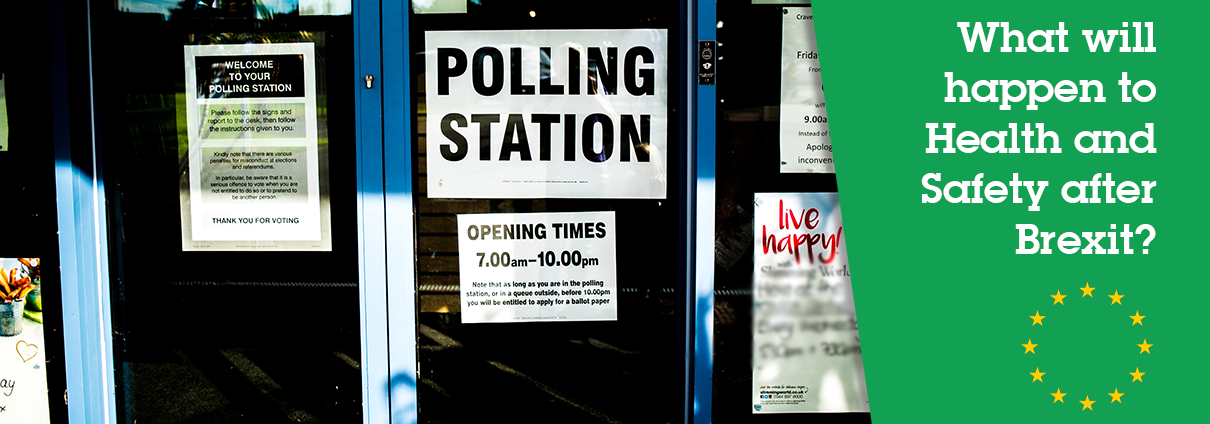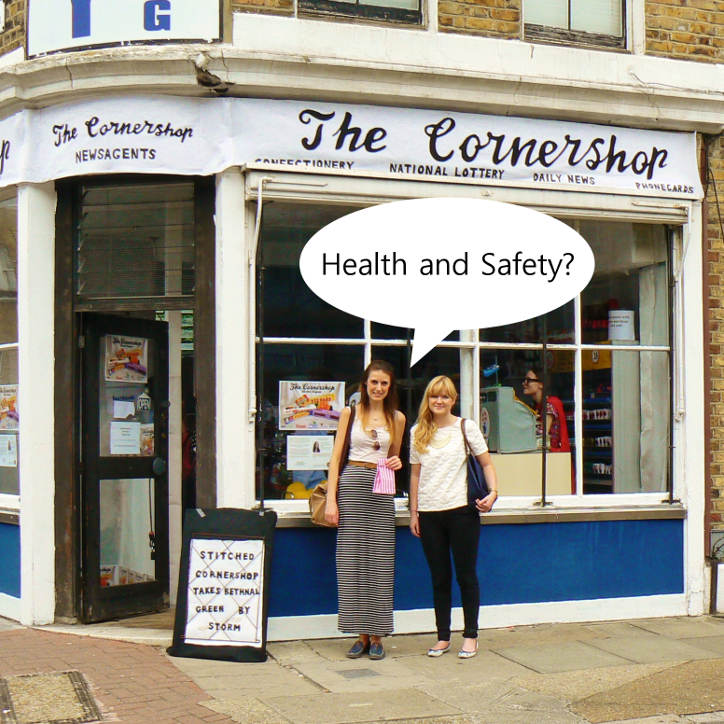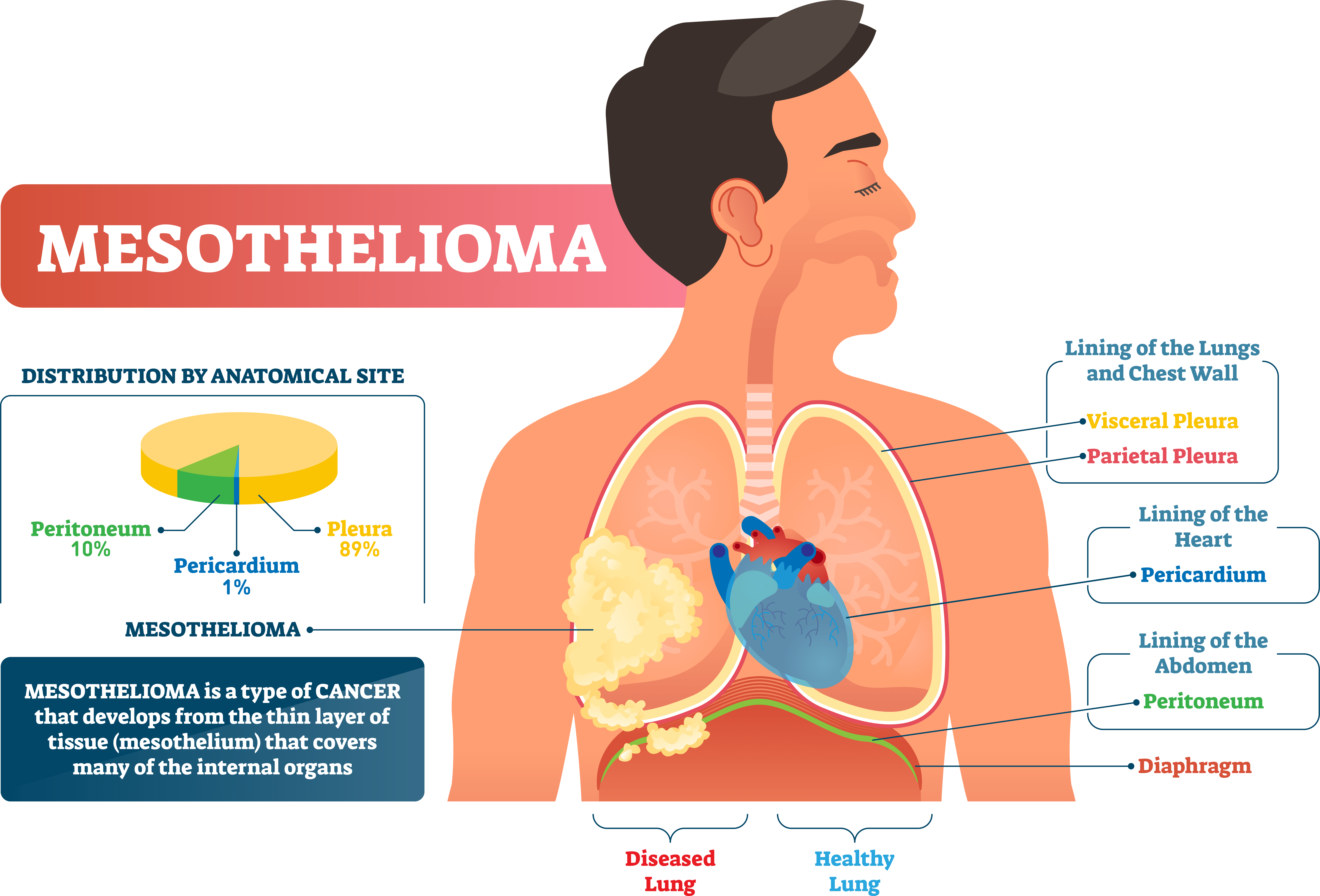What will happen to health and safety after “Brexit”?
What will happen to health and safety after “Brexit”?
Brexit has taken a long time to reach the point it has today. In 2016 the initial vote across the UK took place. Three years later and here we are waiting to make a final deal. In all the promises, true or false, we arrive to this point where there could be a no-deal between the UK and the European Union (EU). So, what does that mean when it comes to Health and Safety?
The Health and Safety Executive (HSE) has proposed minor changes to regulations to remove EU references while keeping all current legal requirements. Whether we leave with or without a deal, the HSE is preserving the high standards of health and safety legislation and good practice to continue protecting people within the UK. The HSE make it seem like everything is going to be okay and that business continues like normal. Is that really the case though?
Considering the worst-case scenario
Some people are considering the worst-case scenario would be to leave the EU with “no-deal”. However, this doesn’t mean there are no safeguards in place to prevent total disaster. The obligations in protecting people’s health and safety will not change, no matter the outcome with Brexit. The HSE have produced ‘no deal guidance’ which can be found on their website should the UK leave on the 31st October 2019 without a deal. Those most affected will be those working in, or with, an EU country.
As an example of a regulation that has been slightly amended, Regulation (EC) No 1907/2006 on the Registration, Evaluation, Authorisation and Restriction of Chemicals (REACH), is a regulation which replaced several older pieces of legislation to set out the protocol for managing and transporting substances manufactured or imported into the EU in quantities of 1 tonne or more per year. It took seven years to agree and aims are to:
- Protect human and environmental health.
- Prevent the most dangerous substances being used by promoting alternative methods.
- Place obligations on manufacturers and importers to recognise their responsibilities in managing the associated risks.
- To enable free movement of these substances within the EU.
What this means for the UK
Leaving the EU means the UK will need to set up its own system for monitoring, registering and restricting substances. This will create more work for chemical companies or importers travelling between the UK and the EU. It may have implications for UK manufacturers who may find difficulties selling to the European market.
It is not only REACH that is affected. Other regulations such as Regulation EC 1107/2009 dealing with plant protection products (PPP), European Regulation (EC) No 1272/2008 that focuses on Classification, labelling and packaging (CLP), BPR Regulation (EU) 528/2012 concentrating on Biocides and Export and import of hazardous chemicals (PIC) which comes under Regulation (EU) 649/2012 have required amending to ensure that the purposes are protected in the case of a “no-deal Brexit”.
Although there are some high caution areas where the HSE is making changes to protect the health and safety within organisations, in most cases health and safety legislation will remain the same and will not be affected by Brexit as it has already been ratified as legislation in the UK. After Brexit, all organisations should continue to operate in the same extensive way to reduce risk and protect everyone’s health and safety as they have done previously. Ongoing training plus sustained continuous professional development may be vital to ensure personnel responsible for Health and Safety within organisations are kept up to date with legislation changes going forward.
To read more into the regulations with amendments, please visit the HSE Website.
Sources –
https://www.hse.gov.uk/brexit/
https://www.tuc.org.uk/blogs/why-no-deal-brexit-threatens-health-and-safety-standards








Leave a Reply
Want to join the discussion?Feel free to contribute!